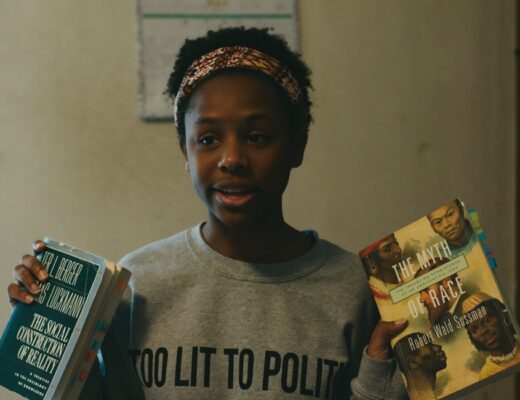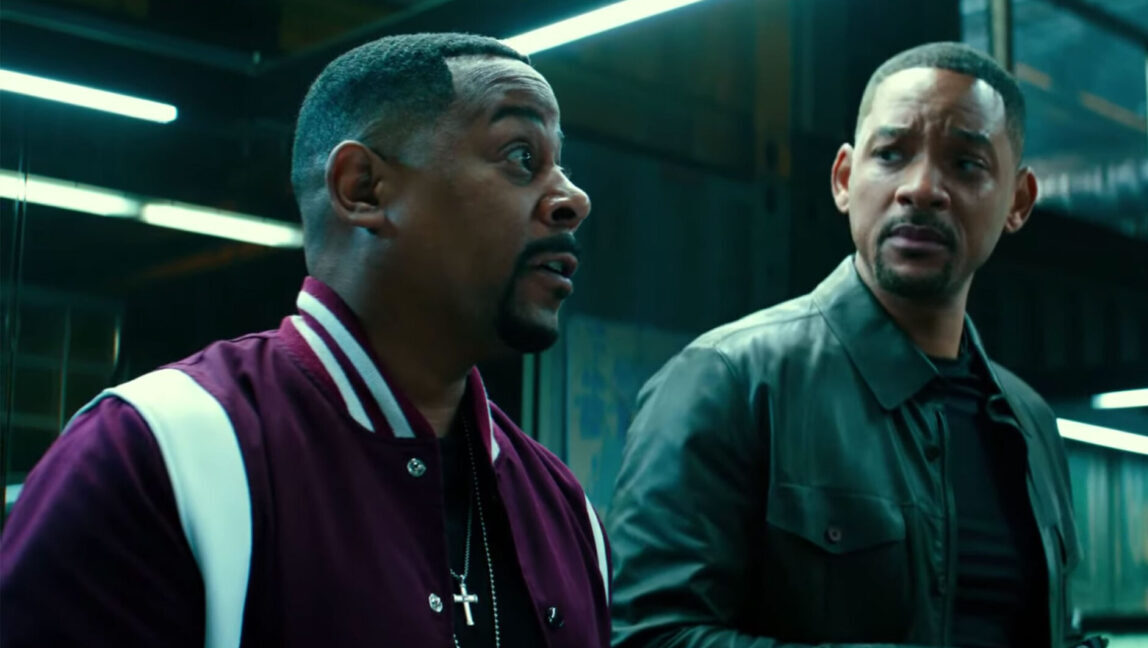What is the opposite of a Golden Age? That term, usually attributed to a civilization’s growth and stability in market and cultural forces, may not be felt by the average citizen, though they may still take pride in their elite’s achievements. But both bourgeois citizen and elite fear its opposite: periods of instability and violence where power is more fluid and often concentrated in whoever holds the guns. This is the Golden Age de-alchemized, its magic lost, devalued back into lead.
Italy’s Years of Lead (Anni di piombo) represents such a time. This period is thought to be a violent reaction to a stagnant postwar country caught between NATO and the USSR — Communists would not cede their growing workers’ rights to a capitalist NATO, and the neo-fascists would not cede their nation and the dead ideals of fascism without a fight. As a result, these years (roughly 1968-88) were marked by assassinations, bombings, riots, fires, attempted coups, kidnappings, and growing threats of all of the above. That the CIA’s Operation Gladio (”stay-behind” troops and weapons set up by the Americans during the 1950s to combat Soviet influence) possibly contributed to spreading or maintaining this violence muddies the official story. So now, the myth of the Years of Lead becomes another familiar story: one of an ill-managed centrist state, radical oppositional forces who may or may not have had State Department goals mixed in with their ideals, violence without benefit, and a peace where everyone loses. It’s almost designed to make you ask, “Oh well, what can you do?”
Marco Bellocchio’s new miniseries Exterior Night tackles the one act from the Years of Lead that grabbed the most headlines and affected the trajectory of Italy’s leftist politics forever. Bellocchio had already depicted the capture and eventual murder of Christian Democracy president Aldo Moro by the far-left Red Brigades (Brigate Rosse) in a 1995 TV documentary (Sogni infranti) and a 2003 feature (Good Morning, Night). But those two works tackled the subject obliquely, as the former interviewed ex-BR members and the latter presented the events through the eyes of Moro’s daughter. While willing to take speculative artistic liberties, this five-and-a-half-hour miniseries tackles the event straight-on. It’s clear that this historical moment has haunted Bellocchio, known to have made Marxist movies at the beginning of his career (and even voicing the President in his buddy Pier Paolo Pasolini’s Salò), and his mostly literal retelling focuses on the trauma of failure — everyone’s failure.
Exterior Night’s opening episode introduces the audience to each of the major players in Moro’s life and eventual kidnapping. Strictly political conversations do not dominate this work, but enough information is given such that one can understand the stakes: Moro, president of the majority Christian Democracy party, is attempting to form a new coalition with the Italian Communist Party. This made political sense for building long-term party support, but this Historic Compromise (its official name) was loved by neither the United States nor the Communists, nor members of Moro’s own party. In fact, much of the first episode shows Moro (Fabrizio Gifuni) exercising divided loyalties, telling his friend, Pope Paolo VI (Toni Servillo), that it will placate the Communists from having official power while simultaneously noting to PCI top brass that, just as Nixon told Mao, one must have a conservative cover to do the most radical acts. The episode ends with BR’s murder of Moro’s small motorcade, his kidnapping, and the paralysis of the government immediately after. Each subsequent episode then grants the audience a different perspective between these events and the eventual assassination, namely: Francesco Cossiga, Moro’s Minister of the Interior (and eventual Prime Minister and President of Italy), who fights his party’s inability to act to save his friend; the Pope, a personal friend of Moro who is often too ill to proffer the spiritual guidance Moro desires; two BR members whose allegiance to the group seems to waver at times; and finally, Moro’s family, all of whom struggle to finally love the man who seemed so distant until now. The final, shorter episode unites these stories again.
The result of this is not a political thriller (though abrupt Morricone-like strings accent shocking events), but a slow-motion funeral for left-leaning politics in Italy. It’s fitting, then, that a large portion of screen time is dedicated to characters walking and weeping from room to room, nearly always in medium-shot, nearly always in shallow focus. It’s character-focused, sure, but as each powerful character laments their inability to do anything to change the course of events, the series itself presents an inability to say anything beyond that. Interesting moments do occur, such as a BR member accusing her husband of no longer wanting revolution but narcissistically wanting to die a hero, just as he leaves a screening of The Wild Bunch. And each episode does break briefly from this sordid reality, such as Francesco Cossiga’s meditating over a bleeding map or Moro’s wife Eleonora (Margherita Buy) finding herself in an experimental theater’s reenactment of her husband’s imprisonment. Most characters, however, continue to sleepwalk through the halls of power, their emotions presented didactically, their ideas existing only as platitudes. It does give an accurate sense of political stagnation, as nothing new is present.
Published as part of NYFF 2022 — Dispatch 4.







